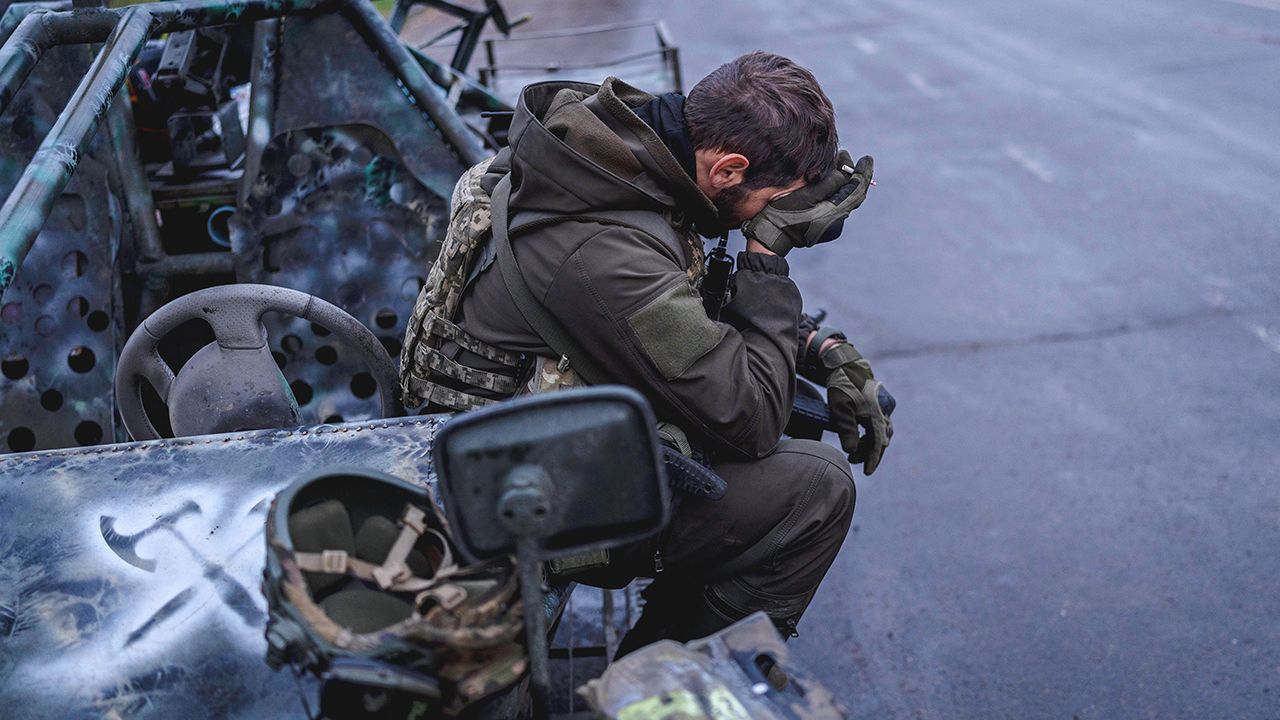- by
- 01 30, 2025
-

-
-
Loading

Loading


IN THE GLOOMPTSD of a grey and freezing late-January morning it is a forbidding place. Its location is also secret, beyond the fact that it is somewhere in Kharkiv province in Ukraine’s north-east. Soldiers arriving or departing from what is the country’s only military rehabilitation centre dedicated to post-traumatic stress disorder () do so in civvies, so as not to draw attention. Every week around 100 soldiers arrive for treatment, suffering the gamut of battlefield trauma symptoms: from sleeplessness and nightmares to flashbacks and crushing feelings of guilt at having survived when so many of their comrades fell.Sergeii Batowslay, a soldier since 2015, says that half of his unit, more than a hundred men, have been killed since the Russian invasion began almost a year ago. On the front you are constantly pumped up and full of aggression, he says, and that takes not just a mental toll but a physical one too, leaving you run down and exhausted. He has suffered from panic attacks, and in civilian life small irritations can trigger surging aggression. In general, he says, “guys keep their problems to themselves,” but here, being able to talk, one-to-one with a psychologist or in a group with other soldiers who have experienced similar symptoms, has been a breath of fresh air.